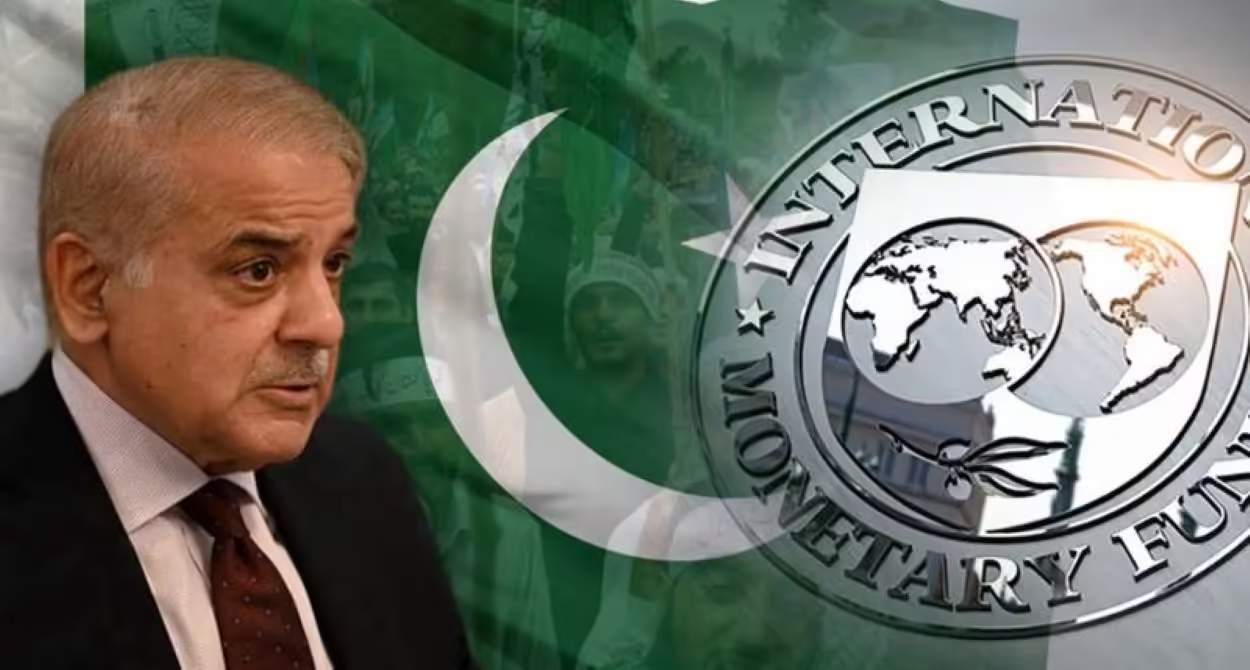Finance Minister Muhammad Aurangzeb highlighted the necessity of “structural reforms” and “sustainability” following Islamabad’s agreement with the IMF on a $7 billion package spanning 37 months, aimed at achieving macroeconomic stability.
Aurangzeb emphasized, “We need to ensure structural reforms and achieve self-sustainability in public finance, energy, and state-owned institutions under the IMF programme.”
Key Points from the IMF Agreement:
1. Tax Reforms: IMF Mission Chief Nathan Porter outlined goals of sustainable public finances through fiscal consolidation, aiming to broaden the tax base and remove exemptions. The plan includes increasing tax revenues by 1.5% of GDP in FY25 and 3% over the program period.
2. Fiscal Balance: The agreement includes efforts for a fairer fiscal effort between federal and provincial governments, aligned with a National Fiscal Pact under the 18th Amendment. Provinces will enhance tax-collection efforts and harmonize Agriculture Income Tax regimes with federal standards by January 2025.
3. Inflation and Exchange Rate: Measures to reduce inflation, enhance financing access, and strengthen external buffers are crucial. The State Bank of Pakistan will maintain a flexible exchange rate and improve transparency in FX operations.
4. Energy Sector: The agreement focuses on restoring energy sector viability through timely tariff adjustments and cost-reducing reforms, while minimizing fiscal risks and undertaking subsidy reforms.
5. Business Environment: Efforts to promote private sector dynamism include improving the business environment, phasing out incentives to Special Economic Zones, and enhancing transparency in state-owned enterprises (SOEs) and the Pakistan Sovereign Wealth Fund.
The IMF deal underscores Pakistan’s commitment to economic reform, financial stability, and governance enhancement under rigorous structural adjustments.



